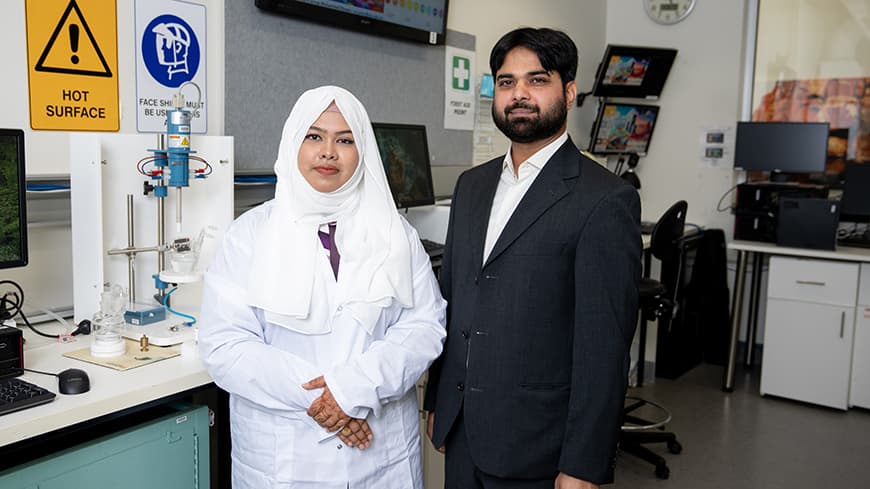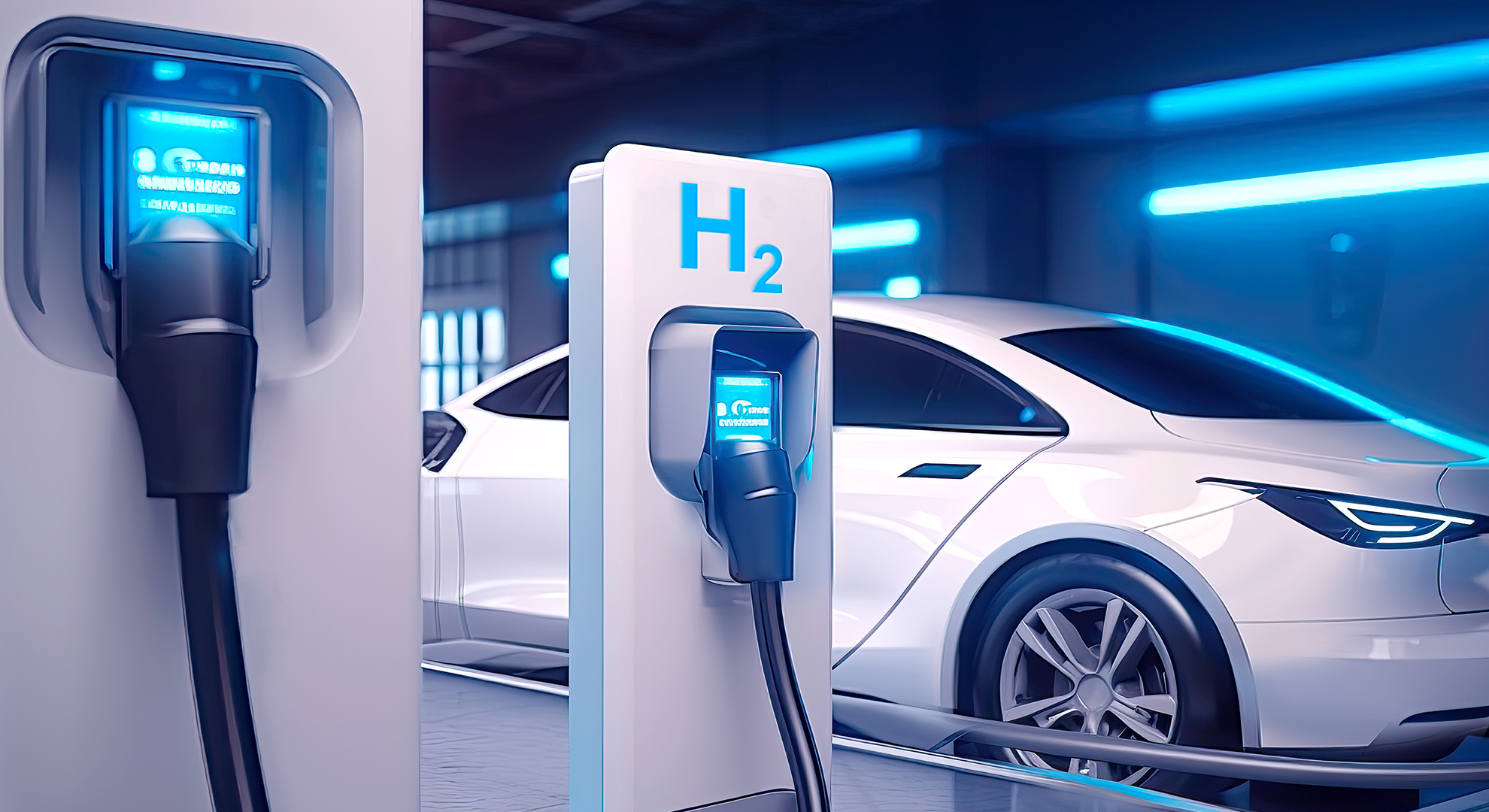Climate change is real and is having a significant impact on people the world over.
If ever we needed creative thinkers to find solutions to mitigating the effects of a warming planet, including exploring alternative energy sources, it's now.
One area that's always driving news stories about sustainable energy is electric vehicles, or EVs.
And while more people are turning to EVs as they become more affordable, there are still a few questions being asked about the batteries that power them, including the time it takes to charge them.
These questions and more were considered by a student project team calling themselves 'HydroMega' who won the Western Australian Climate Action Challenge in 2024.
Enter the Engineers
Edith Cowan University students from the School of Engineering, along with MBA and Biomedical colleagues, collaborated with government and industry to develop a plan to obtain clean, sustainable energy sources for hydrogen in Western Australia.
Their winning climate action plan allows for a future where hydrogen powered cars are more dominant than electric vehicles.
Team leader and PhD student Sadia Afrin says hydrogen refuelling takes less time than EV charging, so it gives drivers more flexibility in long distance travel.
And when combined with electricity, hydrogen is a more practical low-carbon emission option than EVs.
Also, hydrogen fuel generates water vapor as a byproduct, with zero tail pipe carbon emissions, and requires less thermal and energy input.
Even though major production of hydrogen-based fuels is not yet underway, given its potential benefits to the economy and environment, Sadia believes the matter needs to be given greater focus on a larger scale.
 Team leader and PhD student Sadia Afrin and project mentor Dr Muhammad Rizwan Azhar at ECU's School of Engineering.
Team leader and PhD student Sadia Afrin and project mentor Dr Muhammad Rizwan Azhar at ECU's School of Engineering.
Turning a challenge into positive change
The HydroMega team's mentor was ECU chemical engineering lecturer and award-winning researcher, Dr Muhammad Rizwan Azhar.
Dr Azhar believes the students' project paves the way for a cleaner, lower-carbon future.
"This project offers plenty of benefits, from skills development to economic growth, climate consciousness to community engagement," Dr Azhar says.
"Federal and State Governments have been investing in hydrogen production technologies and there is a great need to easily and effectively store and transport hydrogen to facilitate these vehicles on our roads.
"HydroMega is seeking to develop near ambient conditions for storage and transportation of hydrogen in cheap and naturally abundant WA-based materials.
"Fuel cell electric vehicles could prove more effective options for our regional areas, particularly in the minerals and mining sectors."
Creative thinking in action
HydroMega team leader Sadia says the program provided them with a great opportunity to use the knowledge, skills and problem-solving abilities they’d learned at ECU.
It's amazing what can happen when you bring some creative thinkers together, sometimes from different fields.
HydroMega is making a positive impact on our planet and paving the way for a greener, more sustainable future.
How exciting is that?

 Hydrogen powered vehicles offer many potential benefits to the environment and to the economy.
Hydrogen powered vehicles offer many potential benefits to the environment and to the economy.


